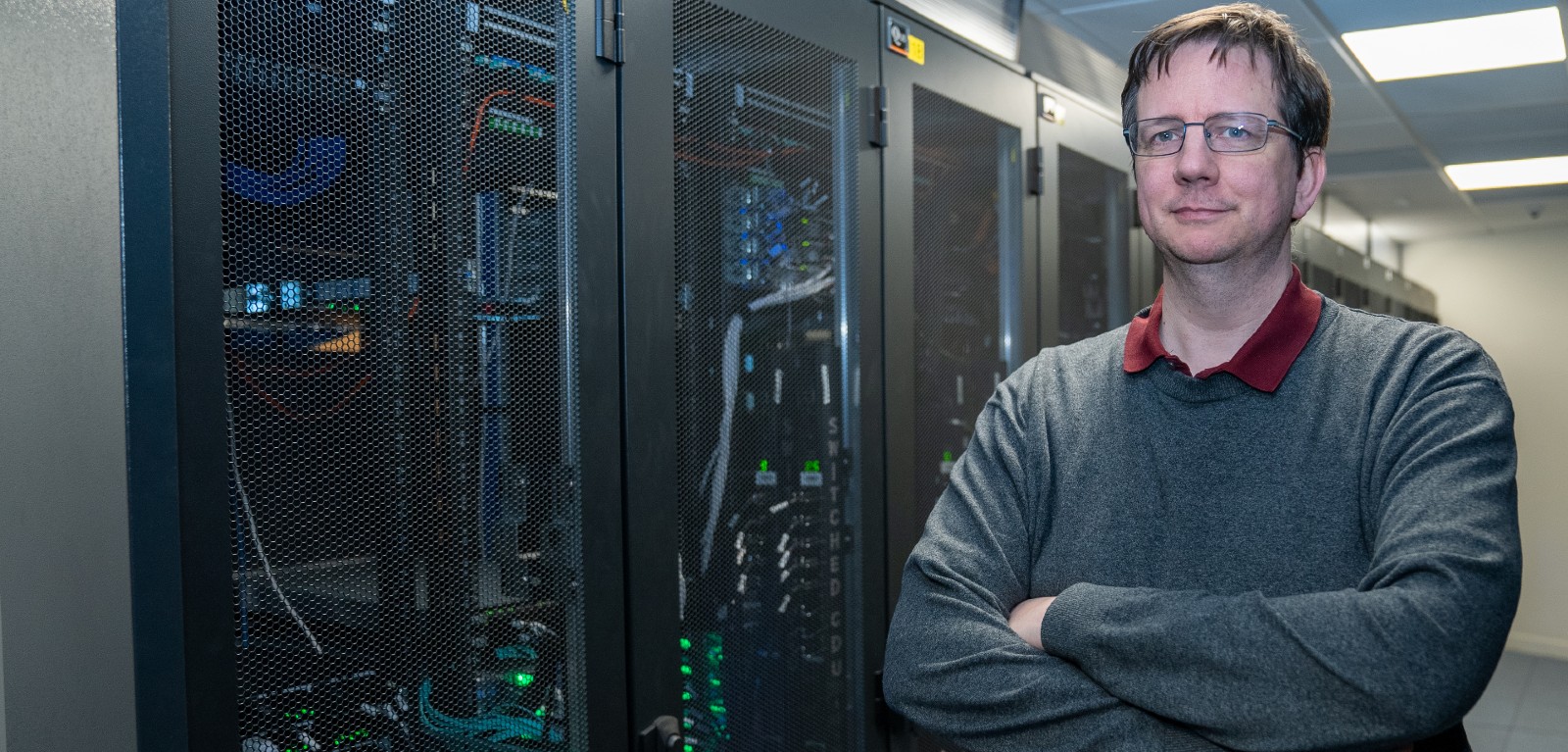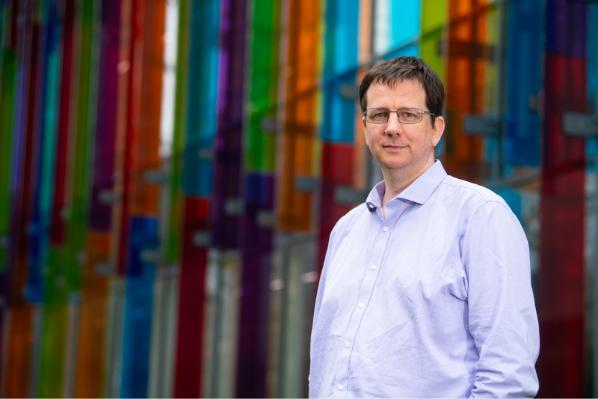Driving Sustainability in High-Performance Computing
Recycling waste energy from High-Performance Computing (HPC) to heat hospitals, homes and schools is just one of the many ideas behind a radical, new project led by Queen’s University Belfast.

The two-year project aims to improve the sustainability of HPC, using the Northern Ireland model as a case study, but with potential to be applied anywhere in the world.
Other innovations to be investigated include converting heat into electricity for carbon capture and using surplus energy to increase capacity in the renewable-energy sector.
Big Data
Large data centres underpin much of today’s digital infrastructure such as Google and Amazon. HPC hubs provide huge supercomputers to carry out large pieces of strategic data-processing, using Artificial Intelligence and Big Data. It’s seen as a critical technology, helping engineers, data scientists and science researchers solve large, complex problems in far less time and at less cost than traditional computing.
The downside, however, is that HPC consumes a lot of energy, with most of that ending up as waste heat. The aim of the new project is to reduce the carbon footprint of HPC so the benefits to society can be maximised.
NI-HPC
The Northern Ireland HPC centre (NI-HPC) hosts the Kelvin 2 HPC and is a partnership between Queen’s and Ulster universities, funded by the Engineering and Physical Sciences Research Council (EPSRC). Kelvin 2 is housed at Queen’s University and focuses on areas of expertise at both universities: neuro-technology and computational neuroscience; advanced chemistry; innovative drug delivery; precision medicine; metabolomics; and hydrogen safety.
The research supports many aspects of society and the economy. For example, computer modelling of offshore wind turbines and wave energy converters has been undertaken at NI-HPC, as has modelling of the safety limits of hydrogen when used in cars, planes and trains. It’s not just researchers who use NI-HPC – local businesses can avail of the facility for up to 5% of its running time.
Lead on the sustainability project, Professor Hans Vandierendonck from the School of Electronics, Electrical Engineering and Computer Science (EEECS) at Queen’s University said the aim was twofold – to reduce HPC energy consumption in the first instance, and to find ways of ‘recycling’ waste energy.
He explained: “HPC data centres support workloads that provide significant societal benefits. Without our efforts, however, data centres will continue to consume large amounts of power and impact the environment. Reducing that impact is critical to avoid further environmental damage such as we’re seeing with climate change.
“We hope to develop techniques to convert potentially negative consequences into positives – for example, we will be investigating the possibility of using waste heat to supply domestic and/or public-sector heating.
“We might even be able to upgrade waste heat to electricity and use it to capture CO2 from the air in a new technology known as DAC – direct air carbon capture, whereby air is sucked into huge fans and then ‘cleaned’ of CO2 before being released back into the atmosphere.
“The project will also investigate leveraging HPC to support increasing the capacity of wind and solar generation for Northern Ireland's electricity grid and early engagement has already taken place with NIE Networks.”
Academic lead on the NI-HPC, Professor Roger Woods from EEECS at Queen’s said a ‘living lab’ approach would be applied to the sustainability project.
“We will be raising awareness of how users can reduce their HPC carbon footprint and we will also engage users to think about and co-create solutions,” he said.
“The project is bringing together experts from high-performance computing, electronics, electrical-power generation and chemical engineering to engage with multidisciplinary HPC users to develop practical measures to better regulate the energy consumption and ensure it is embedded well within its environment.
“Moving towards Net Zero was recently identified as a key objective by the Northern Ireland Economy Minister and this project is very much in that context.”
The project is being funded with a grant of over £0.5M from EPSRC and launches today. The EPSRC previously invested £3.6M in the original establishment of the NI-HPC Kelvin 2.

Prof Hans Vandierendonck
Media
Inquiries to Una Bradley u.bradley@qub.ac.uk